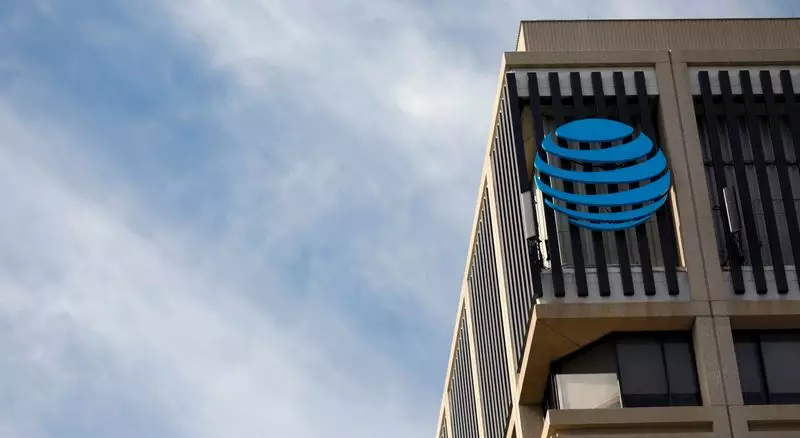In a disconcerting revelation, both AT&T and Verizon have acknowledged their systems were targeted by a sophisticated cyberespionage operation known as “Salt Typhoon,” linked to Chinese state actors. This marks a critical juncture for U.S. telecommunications, as these companies work diligently to secure their networks while maintaining customer trust. The acknowledgment by these industry giants highlights the ongoing battle against cyber threats and underscores the vulnerability of critical communication infrastructures.
While the breach has certainly raised alarms, both AT&T and Verizon have assured their customers that there is currently no ongoing threat posed to their U.S. networks. An AT&T spokesperson noted that the company had identified only a limited number of compromised cases, indicating that while there has been intrusiveness, it is not without oversight. Verizon’s Chief Legal Officer echoed this sentiment, stating that after extensive remediation efforts, their network is secure. The validation of these claims by an independent cybersecurity firm adds a layer of credibility, yet the mere existence of the breach prompts further scrutiny regarding the adequacy of existing security measures.
The implications of the Salt Typhoon operation extend beyond just data breaches. U.S. officials have expressed concerns about the capabilities afforded to the perpetrators, presenting risks such as the ability to geolocate millions of individuals and monitor communications discreetly. This raises serious questions about privacy and the safeguarding of personal information, as well as the extent to which foreign entities can infiltrate American technological operations. Moreover, the incident fits into a larger narrative of increasing cyber hostilities, fueling fears of a new type of cyber warfare that targets individual citizens as much as state infrastructure.
In light of this breach, both the U.S. Cybersecurity and Infrastructure Security Agency (CISA) and the Federal Communications Commission (FCC) have emphasized the importance of transitioning to secure communications protocols, such as end-to-end encryption. Such recommendations aim to bolster security against further intrusions. The urgency of these measures reflects the unmistakable shift in the landscape of cybersecurity, where traditional defenses must evolve in real-time to counter fast-developing threats from foreign adversaries.
As telecommunications companies like AT&T and Verizon work with government officials to mitigate the impact of the Salt Typhoon attacks, a pressing question remains: how can consumers feel assured of their security moving forward? The answer lies not only in enhanced security protocols but also in transparent communication from service providers regarding the measures being taken to protect customer data. The ongoing dialogue between corporate entities and regulatory bodies is crucial for fostering public confidence in an increasingly digital world fraught with risks.
The Salt Typhoon episode serves as a stark reminder of the vulnerabilities existing within U.S. telecommunications networks. While immediate threats appear to be contained, the long-term implications of such cyber intrusions necessitate a strategic reassessment of existing security practices. The time is ripe for concerted efforts to enhance cybersecurity frameworks and protect the interests of American citizens.

